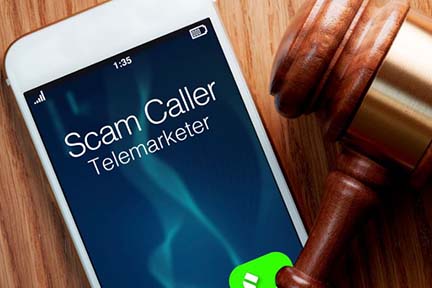|
|
Consumer Alerts
Here are the top January Consumer Alerts you should be aware of:
Free Credit Reports: What Consumers Should Know
Your credit report is a financial snapshot used by lenders, employers, and service providers. Regularly check reports from Equifax, Experian, and TransUnion for accuracy and signs of identity theft. Understand the difference between credit reports and scores to better manage your financial health.
Travel Club Memberships
Beware of “free vacation” offers that require attending a high-pressure travel club sales pitch. Memberships often come with hidden fees, limited availability, and unfulfilled promises. Michigan law provides some protections, including a three-day cancellation period. Always read contracts carefully, verify discounts, and research companies before committing to any offer.
Health Club Memberships – Lose Weight, Not Money
Before joining a fitness center, carefully review contracts to avoid misleading sales tactics, unexpected fees, and cancellation issues. Be cautious of “free” trials, long-term commitments, and financially unstable gyms. Always get promises in writing, verify policies, and research the business. Stay informed to protect your wallet and membership rights.
Online Ticket Purchasing
When buying tickets online, watch out for frauds, counterfeit sales, and hidden costs. Use safe payment methods, buy only from reliable websites, and confirm the legitimacy of your tickets. Steer clear of dubious transactions and request refunds from the merchant or your bank if the event is canceled.
QR Code Hijacking
QR codes are convenient but can be exploited by scammers in “quishing” scams. Fraudulent codes can steal personal data, install malware, or hijack accounts. Avoid scanning unknown or codes that appear to have been tampered with. Verify URLs and use secure QR scanner apps.
Disaster Relief and Charity Scams
Disaster scammers exploit tragedies by posing as fake charities to steal donations and personal data. To donate safely, give to well-known organizations, avoid social media ads and high-pressure tactics, and never pay by wire transfer or gift card. Always verify charities, donate through official websites, and request receipts.
Phishing Scams
Phishing is a cyberattack where scammers pose as trusted sources to steal data or money. Tactics include fake emails, texts, and websites. Warning signs include urgency, poor grammar, and suspicious links. Never click unknown links or share personal info.
Text Message Scams: Smishing
Smishing is a scam where fraudsters send fake texts posing as trusted companies to steal personal info or install malware. Common scams include fake delivery notices and bank fraud alerts. Never click unknown links or share sensitive data.
Auto Extended Warranties
Auto extended warranties are not real warranties—they are service contracts that cost extra and may have limited coverage. Scammers often use high-pressure tactics to sell them. Always research before buying, read the contract carefully, and check for complaints.
Card Skimming and Shimming
Skimming and shimming are scams that steal debit and credit card data from ATMs and payment terminals. Skimmers capture magnetic strip data, while shimmers steal chip information. Protect yourself: use cash, check your statements, avoid stand-alone ATMs, and cover the keypad when entering your PIN to prevent unauthorized access.
After the Disaster Scams
After disasters, scammers exploit victims through imposter scams, price gouging, fake contractors, FEMA fraud, and flood-damaged vehicle sales. Protect yourself by verifying identities, researching contractors and charities, checking vehicle history, and reporting fraud. Remain cautious and informed to avoid being scammed during emergencies.
Prescription Drugs – How to Safely Save Money
To save money on prescription drugs, use discount programs, compare costs, and look for trustworthy online pharmacies. Pharmacies are required under Michigan law to provide prices upon request. Manufacturer coupons and discount cards have limitations, so use them with caution. Always do your homework to make sure you’re buying medications safely and affordably.

